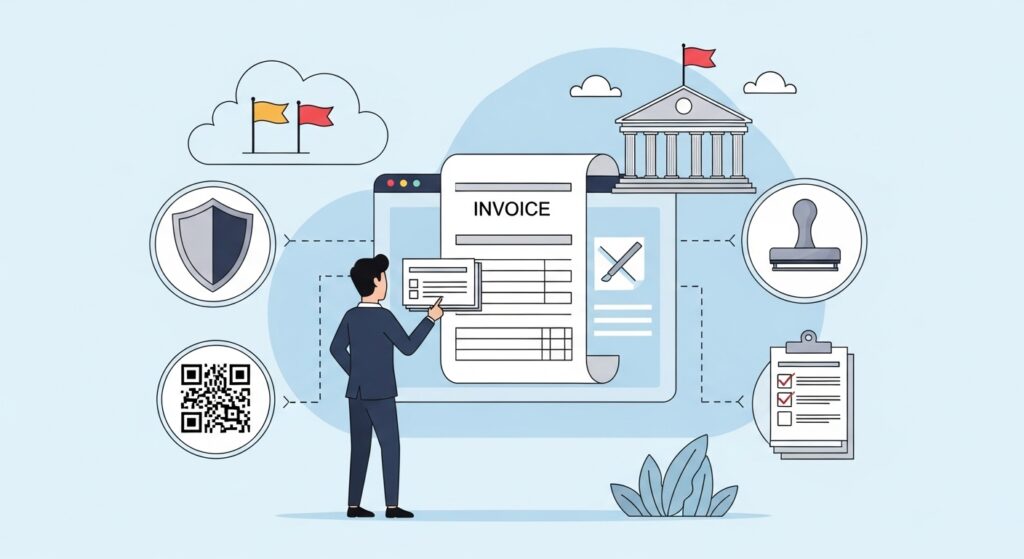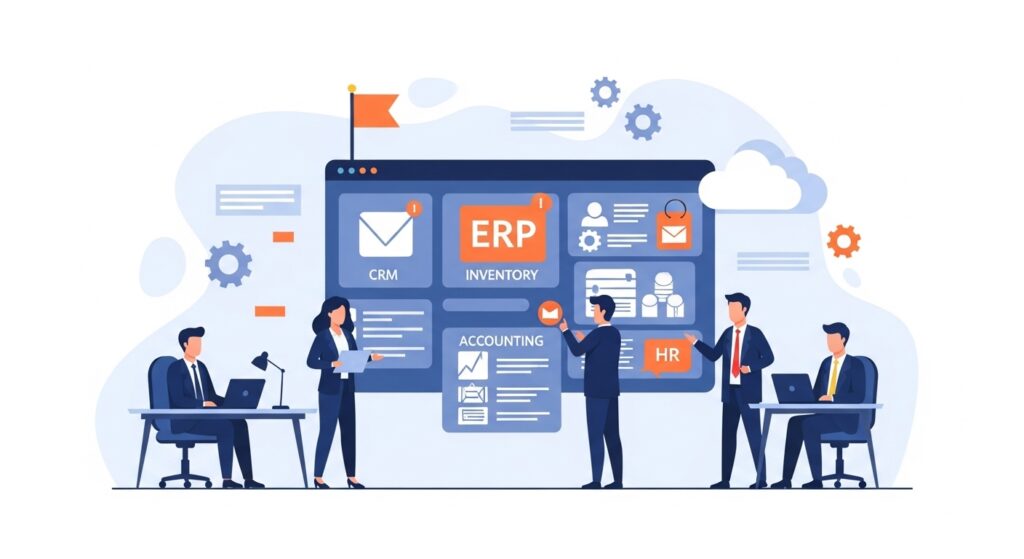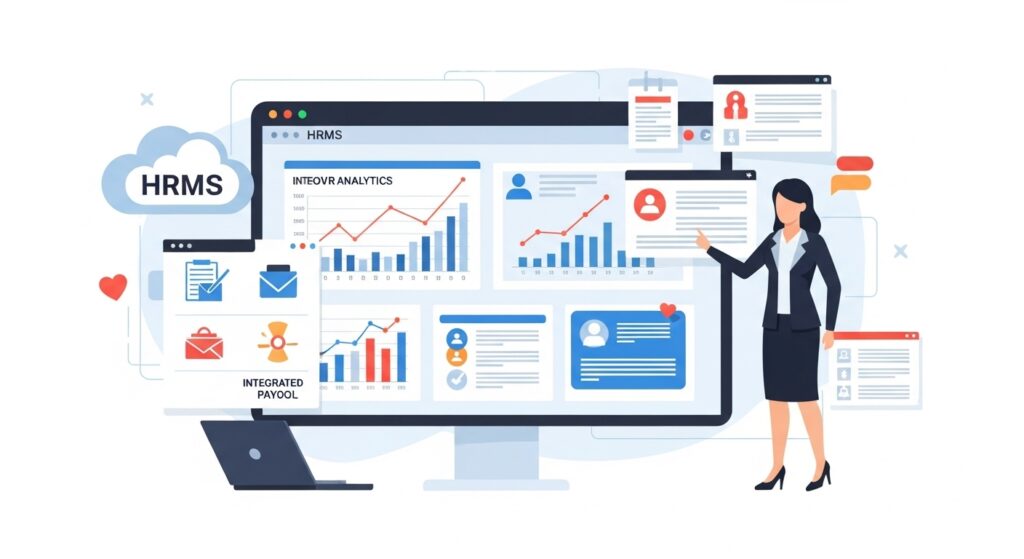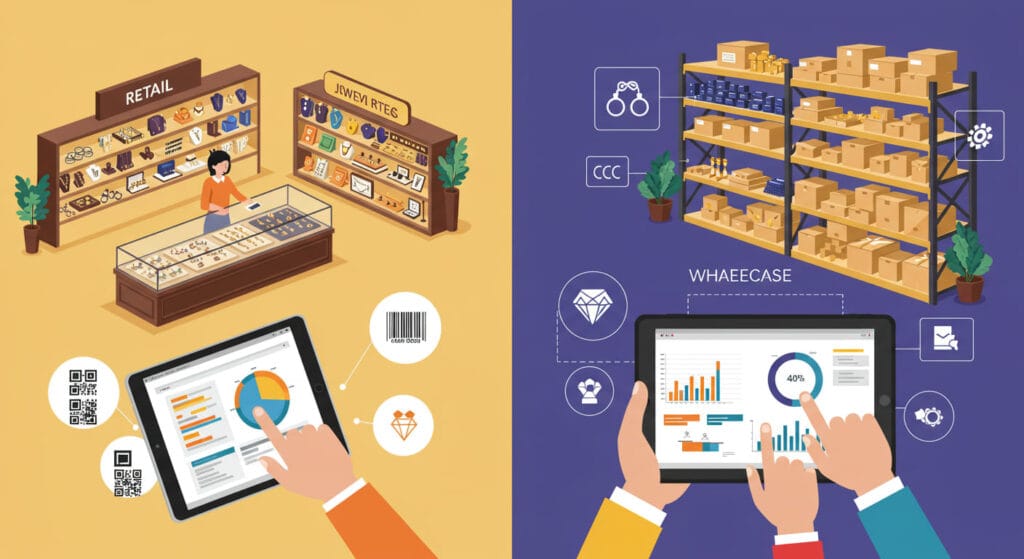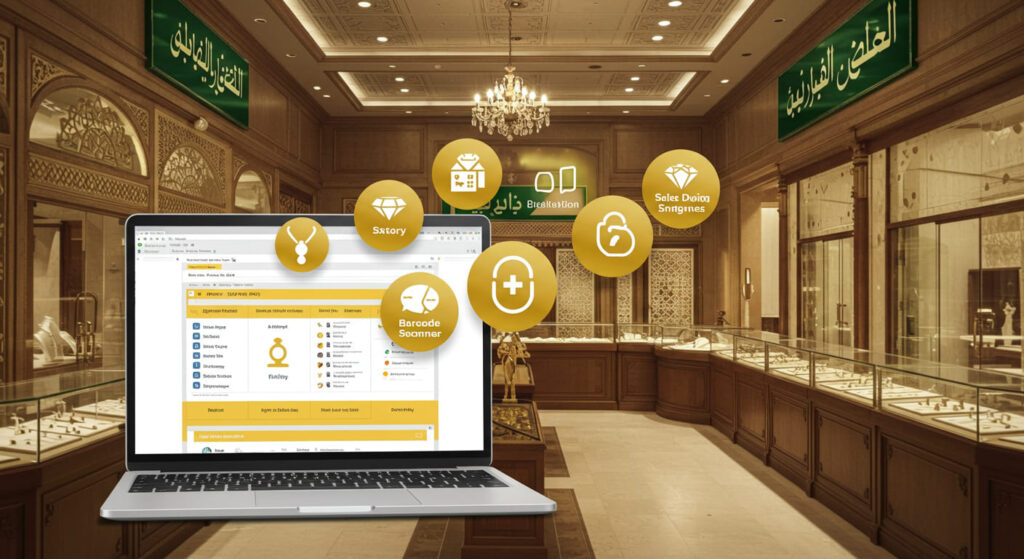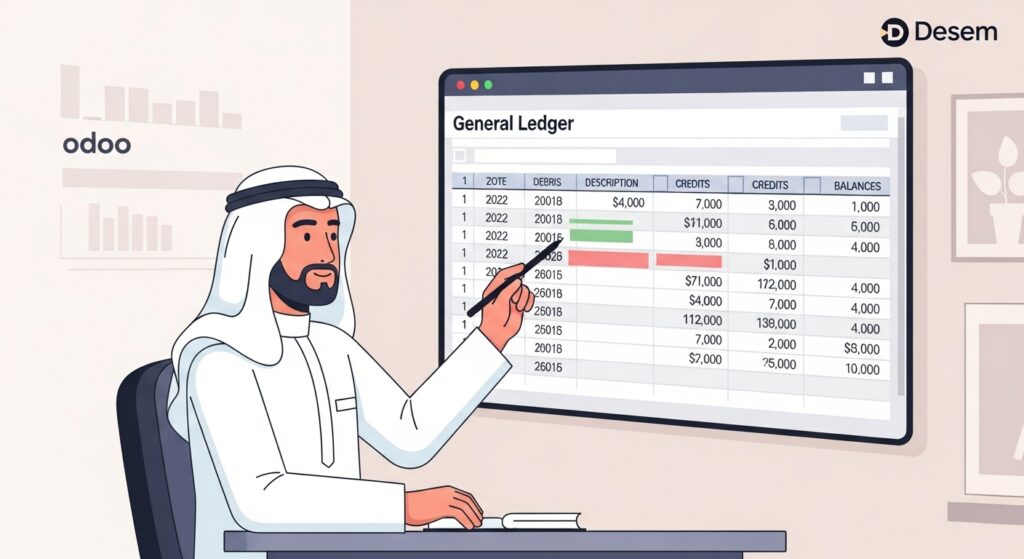
Odoo ERP Cloud: Simplify Your General Ledger Management with Daysum
Odoo ERP Cloud is revolutionizing financial management by offering a scalable, efficient, and accessible solution for businesses in Saudi Arabia. The cloud Odoo platform centralizes your General Ledger (GL), the core of your financial ERP system, where all accounting entries from modules like Accounts Payable, Accounts Receivable, and Inventory are seamlessly recorded. Daysum, a leading provider of Odoo Cloud ERP solutions, simplifies General Ledger management by ensuring real-time accuracy and compliance with local regulations. With Daysum’s expertise, Saudi businesses can generate precise financial statements and maintain complete control over their finances through an intuitive, cloud-based system designed to streamline operations and support growth in today’s competitive market. What Is a General Ledger and Why It Matters in Odoo ERP Cloud The General Ledger (GL) is the central component of any financial system, serving as the comprehensive record of all accounting transactions. In odoo erp cloud, the GL consolidates data from multiple accounting modules into one unified platform. This consolidation ensures accurate bookkeeping, transparent financial management, and compliance with Saudi regulations. Daysum’s cloud Odoo solutions simplify GL management, enabling businesses to maintain a precise financial overview crucial for decision-making and regulatory reporting. Key Roles of the General Ledger Records all accounting transactions from various modules. Serves as the foundation for preparing financial statements. Ensures data integrity and audit readiness. How Daysum Integrates All Accounting Modules into the GL Daysum leverages the full capabilities of odoo cloud ERP to seamlessly integrate critical accounting modules such as Accounts Payable, Accounts Receivable, and Inventory into the General Ledger. This integration guarantees that all financial activities are captured in real time, reducing errors and improving efficiency for Saudi businesses using odoo erp cloud. Integration Process by Daysum Connect key accounting modules to the GL automatically. Sync transaction data across modules in real time. Validate entries to ensure accuracy and compliance. Provide unified financial data for reporting and analysis. Real-Time Financial Reporting with Odoo Cloud ERP One of the standout advantages of using cloud Odoo is the ability to generate real-time financial reports directly from the General Ledger. Daysum’s odoo erp cloud implementation empowers Saudi businesses to access up-to-date financial insights anytime, anywhere, enabling faster and more informed decisions that drive growth. Features of Real-Time Reporting Instant updates as transactions are recorded. With Odoo ERP Cloud, every entry in the General Ledger is updated in real time, ensuring accurate and up-to-the-minute financial data. Customizable reports tailored to business needs. Cloud Odoo allows you to design General Ledger reports that match your industry and management requirements for better decision-making. Easy access via cloud from any device. Odoo Cloud ERP lets you review and manage your GL securely from your laptop, tablet, or smartphone—anytime, anywhere. Enhanced transparency for stakeholders. Real-time GL reporting in Odoo ERP Cloud keeps managers, auditors, and partners informed with accurate, accessible, and transparent financial data. Advantages of Cloud-Based GL Management for Saudi Businesses Managing your General Ledger through odoo erp cloud offers numerous benefits, especially in Saudi Arabia’s fast-evolving business environment. Daysum’s cloud-based solutions deliver flexibility, security, and scalability, helping businesses meet local compliance standards while improving operational efficiency. Key Benefits for Saudi Businesses Benefit Description Enhanced Accessibility Access financial data remotely and securely. Cost Efficiency Reduce IT infrastructure and maintenance costs. Scalability Easily adapt as your business grows. Regulatory Compliance Align with Saudi accounting and tax regulations. Automating Journal Entries and Reconciliations in the General Ledger Automating journal entries and reconciliations within the General Ledger is a game-changer for businesses using odoo erp cloud solutions. This automation eliminates manual input errors and accelerates financial workflows by ensuring that all transactions from various modules—such as Accounts Payable, Accounts Receivable, and Inventory—are accurately recorded and matched. Daysum’s expertise in cloud Odoo enables Saudi companies to maintain real-time, error-free financial records, improving reporting accuracy and compliance with local regulations. How Automation Streamlines Journal Entries in Odoo Cloud ERP Automatically captures transactions from integrated accounting modules. Applies predefined rules to categorize and post journal entries. Updates the General Ledger in real time without manual intervention. Steps for Automating Reconciliations System imports bank and payment data automatically. Matches transactions with corresponding journal entries based on set criteria. Flags unmatched transactions for user review and resolution. Updates reconciliation status to reflect accuracy in the GL. Ensuring Data Security in Odoo ERP Cloud Solutions Data security is a top priority for any business, especially when managing sensitive financial information through odoo erp cloud systems. Daysum understands the critical need for protecting your General Ledger data against cyber threats and unauthorized access. Leveraging advanced encryption and compliance with Saudi data protection laws, Daysum’s cloud Odoo solutions ensure your financial data remains confidential, secure, and readily available only to authorized users. Key Security Measures Implemented by Daysum End-to-end encryption for data in transit and at rest. Odoo ERP Cloud by Daysum secures your General Ledger and all financial records with advanced encryption, protecting them during transfer and storage. Multi-factor authentication for user access. Cloud Odoo ensures only authorized personnel can access the GL through an added layer of identity verification beyond simple passwords. Regular security audits and compliance checks. Daysum’s Odoo Cloud ERP undergoes routine assessments to meet Saudi market compliance standards and detect vulnerabilities before they become risks. Secure backups and disaster recovery plans. All GL data is backed up securely in Odoo ERP Cloud, ensuring quick restoration and business continuity in case of any system failure. How Daysum Simplifies Month-End and Year-End Closing Processes Month-end and year-end closings can be complex and time-consuming, but with odoo cloud ERP, Daysum streamlines these critical financial tasks. Automating key closing activities within the General Ledger reduces errors and accelerates reporting cycles. For Saudi businesses, this means compliance with regulatory deadlines and accurate financial statements without the usual stress. Steps to Simplify Closing Processes Automate transaction reconciliation across all modules. Generate preliminary reports to identify discrepancies. Close accounting periods with system-guided checks. Produce final financial statements ready for audit and submission. Client Success Story: Streamlining GL Management with Daysum Many Saudi businesses have

